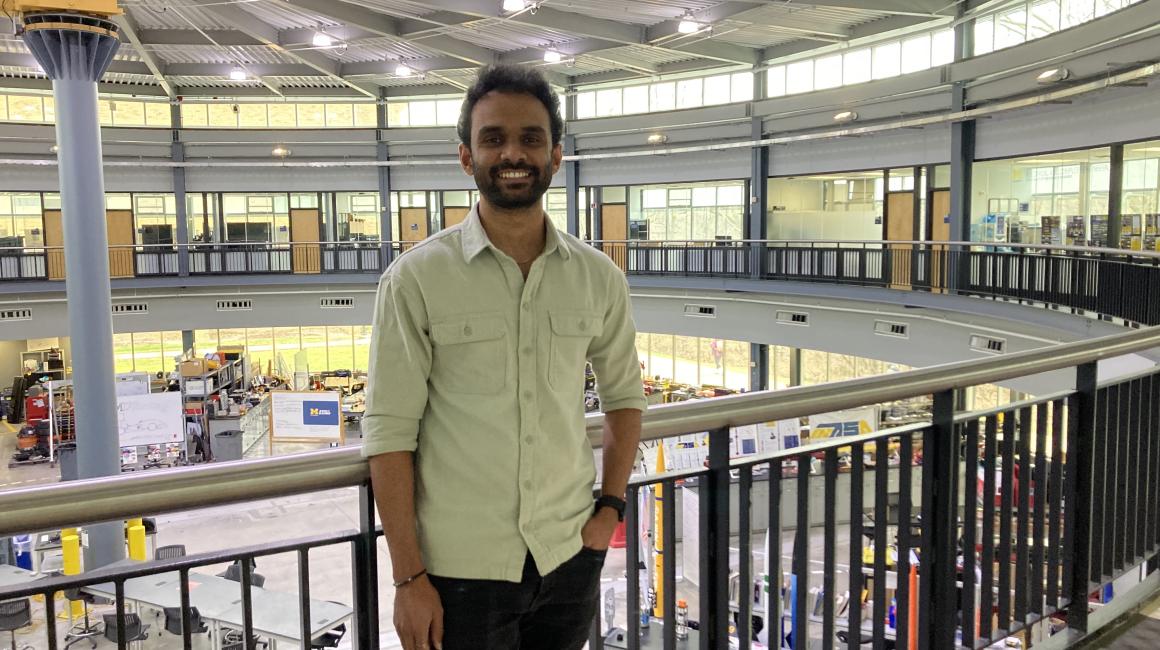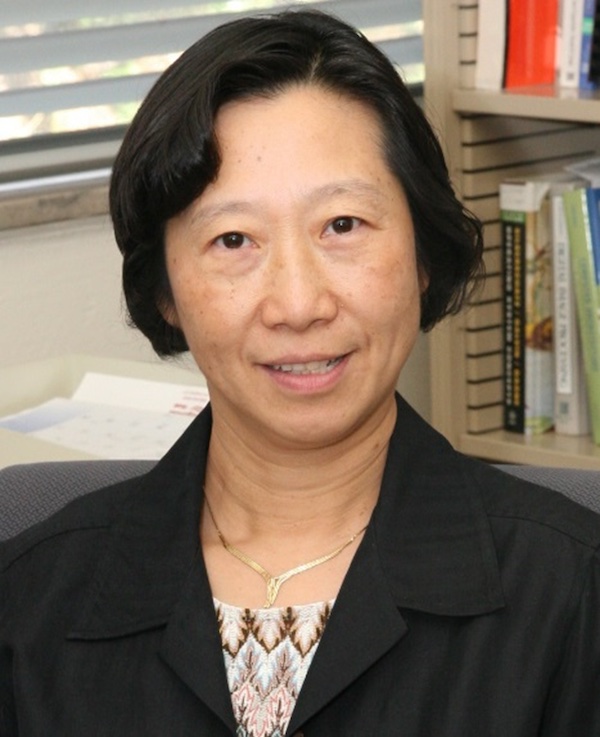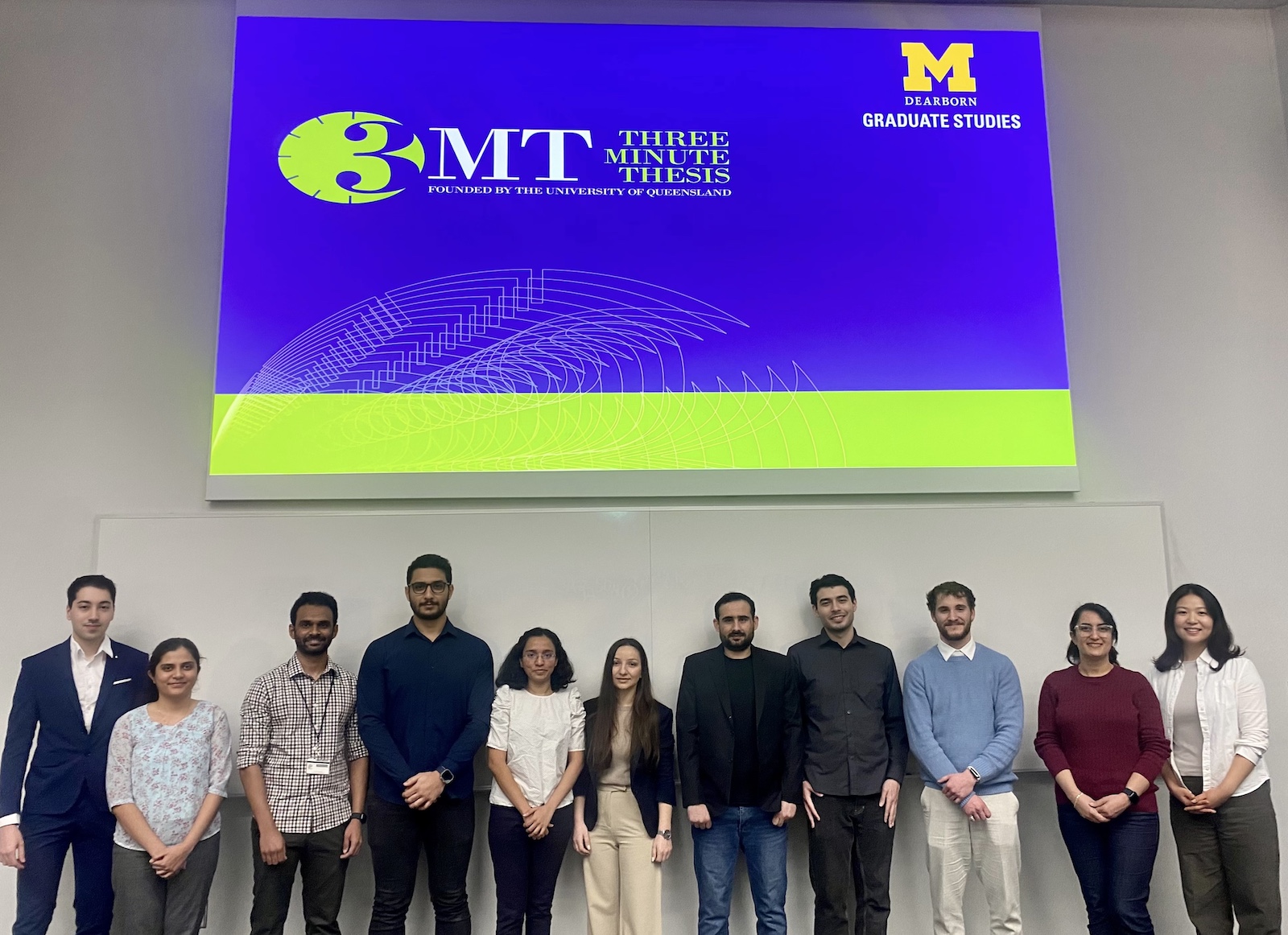Working on the multi-year study with Murphey and Michigan Medicine, Danda had participants install devices in their cars to track acceleration, speed, respiratory rate, heart rate and more. Over the course of a month, the devices collected driving data of the participants traversing familiar routes.
Danda says all research participants, who are age 65 and over, had PET scan results that showed amyloids, a naturally occurring body protein that’s toxic to brain cells in abnormal levels. The study participants were then put into two groups: one with higher amounts of amyloids (amyloid positive) and with small amounts (amyloid negative). To be clear, no one in the study had an Alzheimer’s diagnosis, Danda says. But it is long believed that amyloid plaques — the build-up of amyloids — is a defining characteristic of the disease. “Wouldn’t you want to know if you were more at risk? If someone knew they were exhibiting higher-risk behaviors, it may give motivation to change unhealthy habits that may play a role in Alzheimer’s risk like smoking, lack of exercise or poor diet,” Danda says.
Analyzing the driving behavior — like how often and aggressively people merge off a ramp and their speed — he’s noted a pattern in biomarkers in the amyloid positive group, like having a higher heart rate or skin temperature when driving on and off the ramp. Danda says data analysis shows the higher-risk group exhibits more aggressive driving and stress than the amyloid negative group.
He’s assisted Murphey with her work for almost two years now. He earned his data science master’s degree from UM-Dearborn in 2023 and is now completing the first year of his Ph.D. in electrical, electronics and computer engineering here. In addition to analyzing data and looking for patterns, Danda develops computer programs for Murphey’s research programs that collect data. “Dr. Murphey has made such a difference in my life. She has 40 years of experience and she’s shared her knowledge and connections with me,” Danda says. “Through her, I’ve met Michigan Medicine doctors and researchers. I’ve met automotive industry professionals. I would not be where I am today without her guidance. She’s prepared me to work in a highly competitive results-driven research field.”
Presenting his findings so far, Danda won the Office of Graduate Studies’ Three Minute Thesis Competition earlier this month. The competition provides an opportunity for graduate-level students to share their research in three minutes or less in an uncomplicated and easy-to-understand way. Danda will represent the university at the Midwestern Association of Graduate Schools regional competition from April 3 to 5 in St. Louis. “I wanted to get more experience in presenting, and I was very grateful that this opportunity was available on campus,” he says. “I’m from India and English is my second language. It was a good way to practice my English. And, as a researcher, I’ll need to present at conferences, so it is important to take any opportunity to practice presentation and communication skills.”






